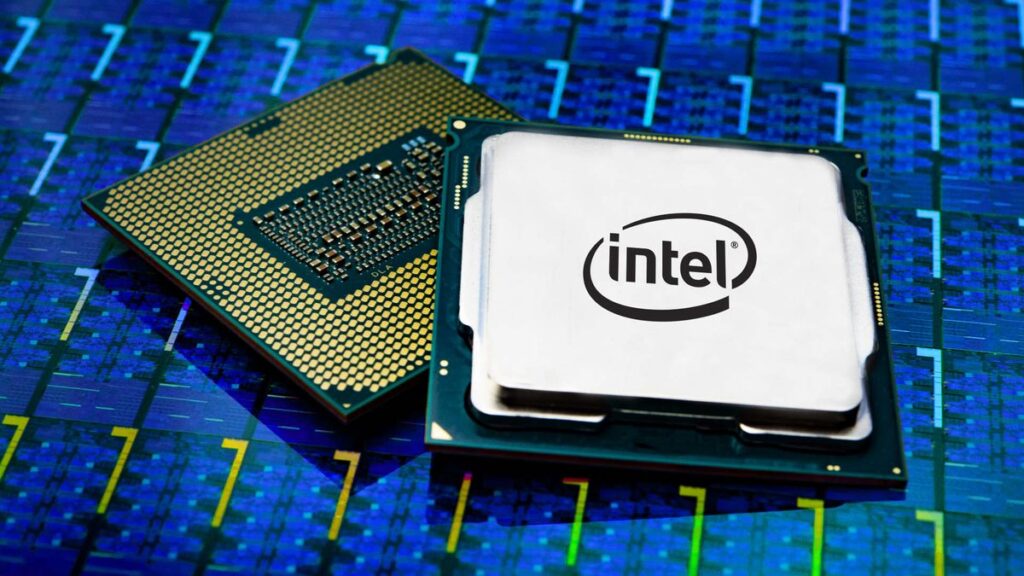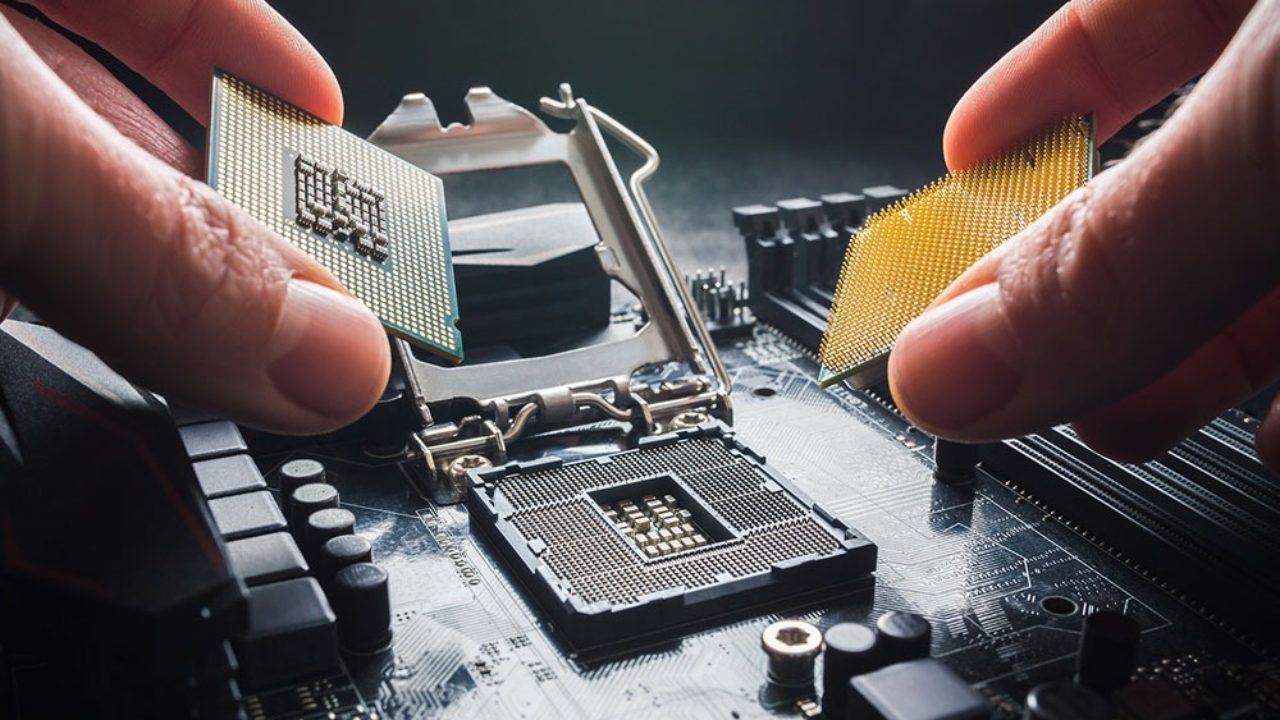
Intel is grappling with ongoing instability issues affecting some of its 13th and 14th Gen desktop CPUs, despite denying recent reports that a definitive root cause has been identified. The controversy stems from an internal statement obtained by Igor Wallosek of Igorslab.de, suggesting a flaw in the microcode algorithm linked to the enhanced Thermal Velocity Boost (eTVB) feature. This feature is designed to dynamically boost clock speeds based on thermal headroom.
According to Wallosek, Intel’s analysis points to a shift in minimum operating voltage due to cumulative exposure to elevated core voltages, exacerbated by BIOS settings allowing turbo frequencies and voltages even under high temperatures. Intel recommends updating BIOS versions to microcode 0x125 or later by mid-2024 to address potential issues related to eTVB. However, the company has missed its expected timeline for resolving these concerns, leaving consumers and partners awaiting further updates.
Meanwhile, hardware reviewers and motherboard partners have expressed frustration over the lack of clarity and the repercussions on performance from premature BIOS updates. System integrator Falcon Northwest has identified potential solutions in recent BIOS releases but acknowledges the ongoing challenges in stabilizing affected CPUs.




